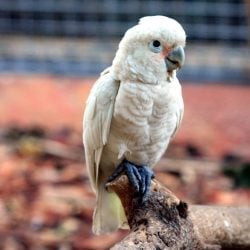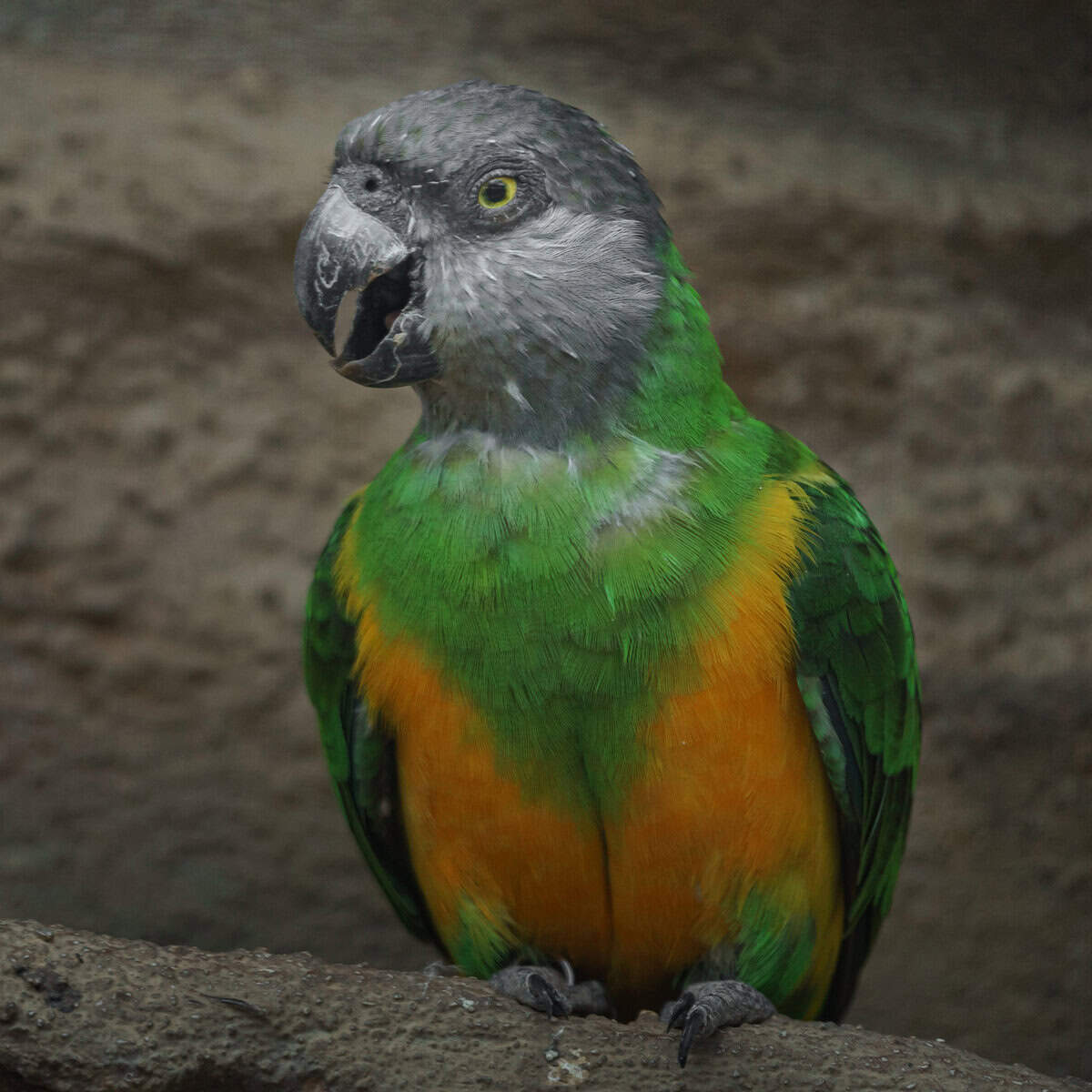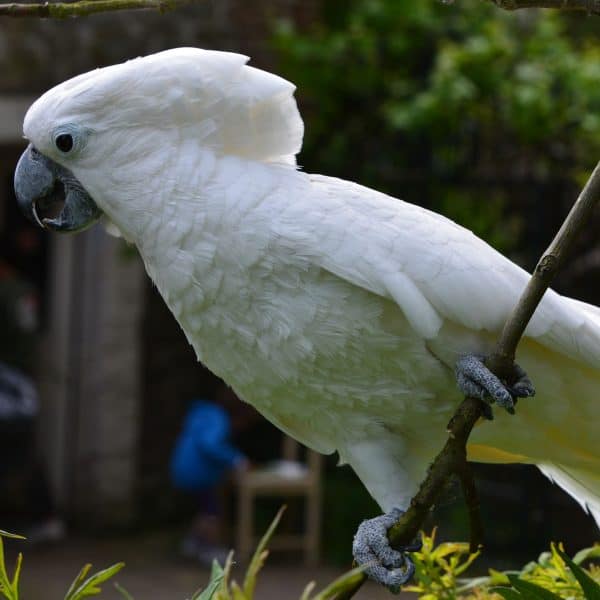Last Updated on by Catherine Tobsing
Hi Mitch
Enjoy your newsletter each week.
I have a 32-year-old Senegal that is showing some new behavior. While he is out of the cage and getting his special time he always enjoys having his head scratched, just recently when trying to rub or scratch he will begin to shake his head and then look like he has vertigo.
This is transient usually ending in a few seconds. Sometimes he also has this effect after shaking his own head.
Can birds have vertigo? Please advise me.
Thanks
Dear Nancy
You’re right to be concerned about your Senegal parrot’s new behavior. While we can’t definitively say it’s vertigo without a veterinary examination, it is possible birds can experience similar disorientation issues.
In the meantime, you can avoid scratching his head for now to prevent triggering the episodes.
Here’s some information on vertigo in birds:
- Birds rely on a combination of senses for balance, including vision, hearing, and their inner ear (vestibular system). Disruptions in these systems can lead to feelings of disorientation. [Source: Spatial Disorientation in Birds]
- Certain situations, like bright lights or head shaking, might trigger these off-balance sensations in birds. [Source: Spatial Disorientation in Birds]
Given your Senegal’s age and the new behavior, it’s best to consult an avian veterinarian. They can properly examine your bird and determine the cause of the head shaking and vertigo-like symptom
It’s concerning when a parrot exhibits new behaviors, especially when it involves possible vertigo or discomfort. Here are some potential reasons and steps to take:
Yes, birds can get Vertigo. It is also called Stargazing in birds.
Triggers to look for
- **Inner Ear Issues**: Just like humans, birds can have problems with their inner ears which can lead to balance issues or vertigo. This could be due to an infection or inflammation.
- **Vitamin Deficiencies**:It may be a neurological illness but could just be a Vitamin deficiency. Nutritional deficiencies, particularly in vitamins such as Vitamin A or Thiamine sometimes cause neurological issues.
- **Exposure to Toxins**: Ensure that your Senegal hasn’t been exposed to any new chemicals or toxins in the environment.
- **Infection or Illness**: It could be an indication of a more serious underlying condition such as an infection.
Steps to Take:
- **Observe Closely**: Note when this behavior occurs, what precedes it, and any other symptoms.
- **Check Diet**: Ensure your bird is getting a well-balanced diet. Consider consulting a vet about dietary supplements if needed.
- **Clean Environment**: Make sure there are no new chemicals or toxins that your bird could have been exposed to.
- **Visit an Avian Vet**: This is the most crucial step. An avian vet can:
- perform a thorough examination, including blood tests, to rule out infections, deficiencies, or other health issues.
- Look for signs of ear infections or inner ear issues.
- Recommend treatment based on the diagnosis.
It’s always best to consult with a professional to get a definitive diagnosis and appropriate treatment.
You would do best by taking your bird to your avian vet as it may require an injectable form.
Until this is corrected, you may wish to keep your bird in a shallow cage so if he falls it isn’t quite as far.
Let us know if you require further assistance
Catherine
Author Profile

Latest entries
 Bird & Parrot CareJune 20, 2025Understanding the Best Way to Use Prevue Pets Mimic Me Voice Trainer
Bird & Parrot CareJune 20, 2025Understanding the Best Way to Use Prevue Pets Mimic Me Voice Trainer Bird BehaviorJune 6, 2025How Do I Keep My Parrot From Dumping His Food Every Day?
Bird BehaviorJune 6, 2025How Do I Keep My Parrot From Dumping His Food Every Day? Birds & LightingMay 16, 2025I Am Seeking Clarity About Lighting for My Birds Cage
Birds & LightingMay 16, 2025I Am Seeking Clarity About Lighting for My Birds Cage Bird RescueApril 29, 2025How Do We Re-Home a 17 yr Goffin Cockatoo?
Bird RescueApril 29, 2025How Do We Re-Home a 17 yr Goffin Cockatoo?



